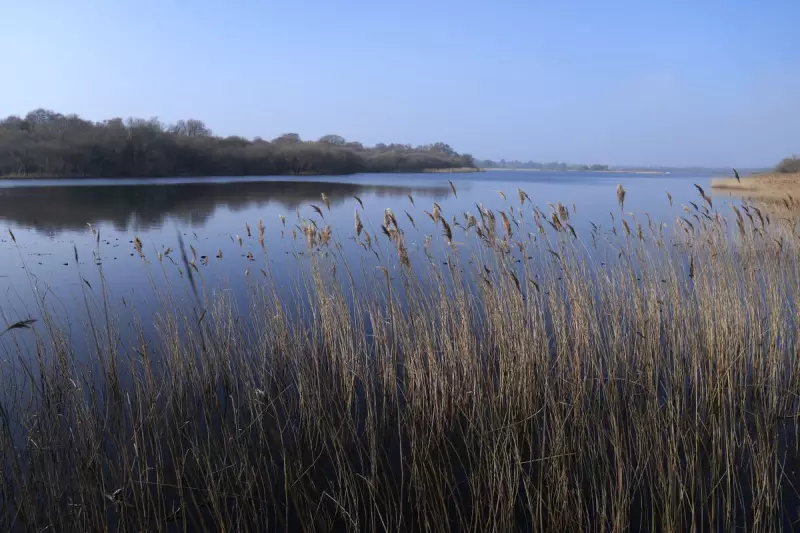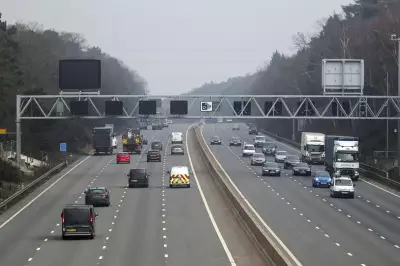
In a bold post-Brexit manoeuvre, Business Secretary Kemi Badenoch has unilaterally scrapped key EU-era environmental regulations designed to protect Britain's natural habitats. The move, executed using ministerial powers without parliamentary debate, eliminates mandatory 'biodiversity net gain' requirements for major construction projects.
The abolished rules forced developers to demonstrate a 10% increase in local biodiversity through schemes like habitat creation or green space investments. Their removal represents the government's most significant divergence from EU environmental standards to date.
Quiet Abolition Through Legislative Backdoor
Rather than introducing new legislation, Ms Badenoch utilised the controversial retained EU Law Act to silently revoke the provisions. This mechanism allows ministers to amend or repeal preserved EU laws without standard parliamentary scrutiny.
The decision blindsided Environment Secretary Victoria Atkins, whose Department for Environment, Food and Rural Affairs (Defra) reportedly learned about the move only after it was finalized. This has ignited tensions within government regarding environmental policy coherence.
Government's 'Pro-Growth' Agenda vs. Environmental Protection
Defending the decision, a government spokesperson framed it as cutting "red tape" to boost economic growth and accelerate infrastructure development. They stated the rules imposed "significant costs and delays" on businesses.
However, environmental organisations have reacted with outrage. Richard Benwell, CEO of Wildlife and Countryside Link, condemned the move as "a terrible blow to nature's recovery" that substitutes effective action with weak policies. He warned it would lead to continued environmental degradation without stimulating economic growth.
Industry and Opposition Backlash
The construction industry itself appears divided. While some developers welcome reduced regulatory burdens, others have invested heavily in planning and expertise to comply with the now-defunct rules.
Shadow environment secretary Steve Reed slammed the decision as "an act of vandalism against the natural world," accusing the government of breaking its manifesto promise to leave the environment in a better state for future generations.
This dramatic policy shift signals the government's willingness to use its post-Brexit freedoms to deregulate, setting the stage for a major political battle over the future of UK environmental standards.





